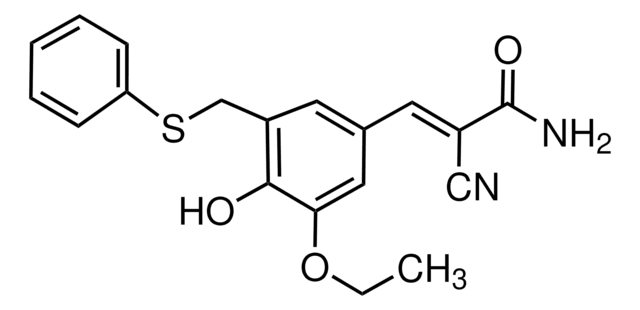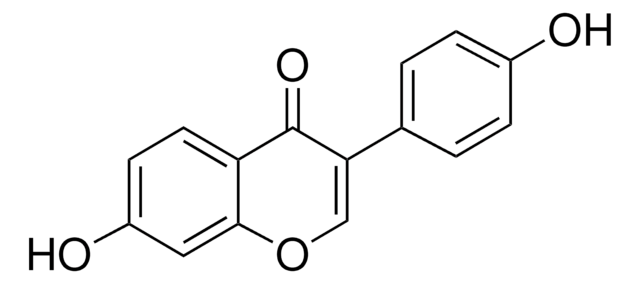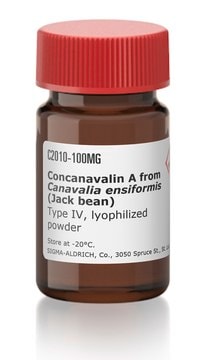PZ0185
PF-431396 hydrate
≥98% (HPLC)
Synonym(s):
N-[2-[[[2-[(2,3-dihydro-2-oxo-1H-indol-5-yl)amino]-5-(trifluoromethyl)-4-pyrimidinyl]amino]methyl]phenyl]-N-methyl-Methanesulfonamide hydrate
About This Item
Recommended Products
Quality Level
Assay
≥98% (HPLC)
form
powder
color
off-white to blue-gray
solubility
DMSO: ≥10 mg/mL
storage temp.
2-8°C
SMILES string
O.CN(c1ccccc1CNc2nc(Nc3ccc4NC(=O)Cc4c3)ncc2C(F)(F)F)S(C)(=O)=O
InChI
1S/C22H21F3N6O3S.H2O/c1-31(35(2,33)34)18-6-4-3-5-13(18)11-26-20-16(22(23,24)25)12-27-21(30-20)28-15-7-8-17-14(9-15)10-19(32)29-17;/h3-9,12H,10-11H2,1-2H3,(H,29,32)(H2,26,27,28,30);1H2
InChI key
XSXCARUUZVMRGX-UHFFFAOYSA-N
Application
Biochem/physiol Actions
Features and Benefits
Signal Word
Danger
Hazard Statements
Precautionary Statements
Hazard Classifications
Acute Tox. 3 Oral - Eye Irrit. 2
Storage Class Code
6.1C - Combustible acute toxic Cat.3 / toxic compounds or compounds which causing chronic effects
WGK
WGK 3
Flash Point(F)
Not applicable
Flash Point(C)
Not applicable
Certificates of Analysis (COA)
Search for Certificates of Analysis (COA) by entering the products Lot/Batch Number. Lot and Batch Numbers can be found on a product’s label following the words ‘Lot’ or ‘Batch’.
Already Own This Product?
Find documentation for the products that you have recently purchased in the Document Library.
Articles
The focal adhesion kinase (FAK) is a cytoplasmic protein tyrosine kinase. FAK has been implicated as a downstream signaling molecule that functions in the control of several integrin-regulated biological processes.
The focal adhesion kinase (FAK) is a cytoplasmic protein tyrosine kinase. FAK has been implicated as a downstream signaling molecule that functions in the control of several integrin-regulated biological processes.
The focal adhesion kinase (FAK) is a cytoplasmic protein tyrosine kinase. FAK has been implicated as a downstream signaling molecule that functions in the control of several integrin-regulated biological processes.
The focal adhesion kinase (FAK) is a cytoplasmic protein tyrosine kinase. FAK has been implicated as a downstream signaling molecule that functions in the control of several integrin-regulated biological processes.
Our team of scientists has experience in all areas of research including Life Science, Material Science, Chemical Synthesis, Chromatography, Analytical and many others.
Contact Technical Service









